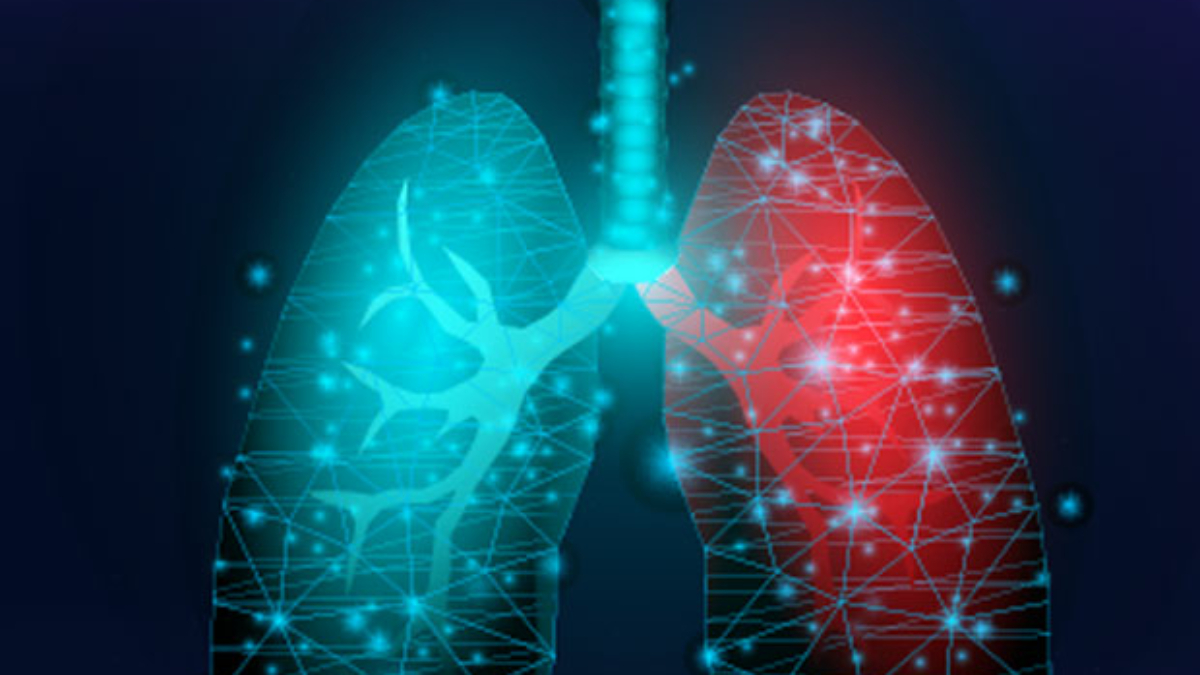What is Lung Cancer? Lung Cancer Types
Being diagnosed with cancer is never good news. It invokes a sense of fear, affects your mental health, wipes out your social life, and keeps you on the edge at all times.
However, what if we could somehow find a way to fight it and live to tell the tale? What happens when we try to improve our lifestyle post-diagnosis and cancer goes into remission? Let’s find out!
What is Lung Cancer?
Cancers are caused when cells in your body grow out of control and multiply rapidly. When this happens inside your lungs, it leads to “lung cancer”. Lung cancer is one of the most dangerous types of cancer and it affects the respiratory system. It begins in the lungs and works its way towards lymph nodes and can even affect other organs in the body, including the brain!
Lung cancer mostly occurs in people above the age of 65. However, that is not to say that younger people do not get diagnosed with the disease. With mortality rates that are higher than any other form of cancer, it is very important that we spread awareness about lung cancer. To put things into perspective, lung cancer kills more people than colon cancer, breast cancer, and prostate cancer combined!
The Types of Lung Cancer
Generally, lung cancer is of two types – small cell lung cancer, and non-small cell lung cancer. Although they affect the lungs in similar ways, both of these cancers grow differently and are even treated differently. We discuss both types of lung cancer here.
- Small cell lung cancer: This type of cancer is rare, with just over 13% of all those who were infected with lung cancer having SCLC, and is caused due to excessive smoking. Small-cell lung cancer is generally seen in heavy smokers and is considered an aggressive type of cancer that quickly affects other organs if left unattended. It begins by affecting the breathing tubes (bronchi) and very quickly spreads to the other parts. Symptoms include incessant cough, phlegm filled with blood, shortness of breath, pain in the chest, and tiredness. As with any type of cancer, small-cell lung cancer can be treated with timely diagnosis. Treatment includes surgery (if the tumor is relatively small), chemotherapy, and radiation therapy, along with a modified lifestyle to include healthy habits.
- Non-small cell lung cancer: This is a more common type of lung cancer that can affect both smokers as well as non-smokers. Some of the common symptoms of non-small cell lung cancer include cough, breathlessness, and tiredness, phlegm with blood, weight loss, and loss of stamina. This type of cancer is usually treated with chemotherapy, radiation therapy, and surgery. Early detection and diagnosis of non-small cell lung cancer can go a long way in saving a patient’s life or in preventing it from Non-small cell lung cancer is a group of lung cancers with similarities and its most common types include squamous cell carcinoma, adenocarcinoma, and large cell carcinoma, among others.
What Causes Lung Cancer?
Carcinogens in cigarettes or in air pollutants cause damage to the cells in the lungs and make them lose their ability to repair themselves. This leads to an abnormal growth of cells that eventually paves way for cancer. Smokers are at higher risk of getting lung cancer, although non-smokers too have chances of developing lung cancer. Therefore, if you are not a smoker, try to avoid passive smoke or inhaling polluted air by ensuring that you wear facemasks whenever you venture outside in areas that are known to have high rates of pollution.
Lung cancer is the leading cause of cancer-related deaths in the world, with an estimated 1.8 million deaths. In fact, it is considered the most dangerous form of cancer known to affect humankind. It is so common that 1 in 10 men are in danger of being diagnosed with lung cancer in their lifetimes and 1 in 15 will die of it.
India has over 12% of all the smokers in the world and has three cities on the list of the world’s most polluted cities. These figures are enough to show that we have been contributing significantly to the grim statistics.
The Most Common Symptoms or Complications of Lung Cancer
Lung cancer can affect anyone. Its symptoms will remain the same irrespective of whether you are a smoker or not. Some of the most common symptoms of lung cancer include bloody phlegm, incessant cough, pleural effusion in lungs, shortness of breath, chest pain, tiredness, fatigue, swellings in the neck, chest, and armpit, and wheezing.
If you experience any of these symptoms, it would be wise to get in touch with a doctor as soon as possible. Remember that early diagnosis is always the difference between surviving cancer and succumbing to it.
Preventing Lung Cancer
One of the best ways of preventing lung cancer is to “kick the butt” – literally. By quitting the habit of smoking, we greatly reduce the risk of lung cancer. Other ways to prevent lung cancer include,
- avoiding inhaling polluted air,
- avoiding second-hand smoke,
- testing radon levels at home,
- avoiding fuel and paint vapors/fumes,
- avoiding carcinogenic materials such as nickel, chromium, arsenic, asbestos, etc. at workplaces or at home,
- leading a healthy lifestyle
Even quitting smoking after years of smoking can help in greatly reducing the risk of developing lung cancer. We need to stay cautious and get ourselves tested at regular intervals so that we may be diagnosed as early as possible and begin treatment to ensure that our success rates stay high. However, those people who have never smoked may not get themselves screened for lung cancer.
Those who have been diagnosed with cancer may prevent it from growing or spreading any further by opting to
- undergo chemotherapy, remove
- radiation therapy, remove
- Take proper treatment by consulting Oncologist
- modifying their lifestyles to include healthy habits,
- taking medications that are prescribed by physicians
Remember, the moment you are diagnosed with any type of cancer, you become a cancer survivor for the rest of your life. How you take of yourself post, diagnosis is what decides whether your cancer stays or leaves.
Healthy Diet to Prevent Lung Cancer
Prevention is always better than cure. We can try our best to keep the risk of lung cancer away. This is possible through maintaining a healthy lifestyle that includes exercise and eating well. Fruits and vegetables that contain antioxidants and polyphenols help to fight oxidative stress and help in the prevention of various cancer including lung cancer. Foods containing Carotenoid, Beta Carotene, Retinol, Vitamin C, Isoflavones, etc., can reduce the risk of lung cancer. It is safer to avoid smoking, passive smoking, and polluted environments.
In the end, we cannot really be safe from the disease. Our best bet is to try to stay as Healthy as possible.

